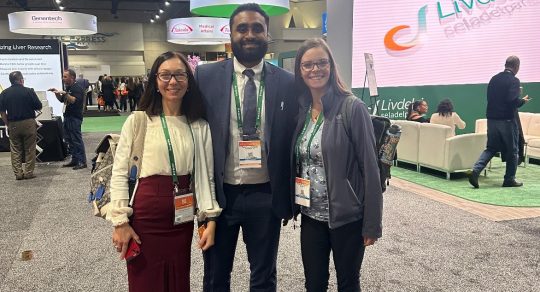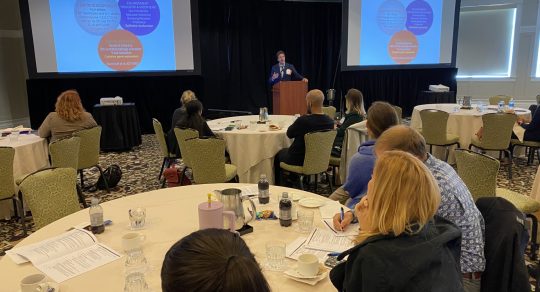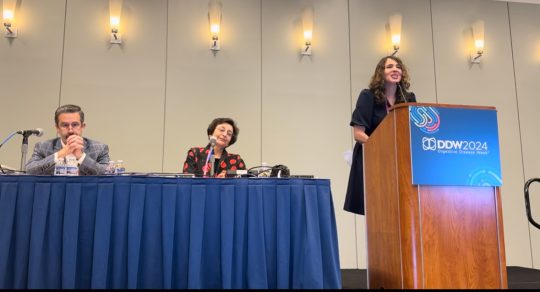Gastroenterology
Nighot Lab
Explore More

Lab Details
Recent work has focused on the role of autophagy in TJ barrier regulation. Autophagy, which also means self-eating, is a cell survival mechanism that degrades unnecessary, misfolded and long-lived proteins and organelles and helps cell survive under stress. The lab’s pioneering studies have shown that autophagy enhances TJ barrier via the degradation of pore-forming TJ protein claudin-2.
Dr. Nighot’s lab is also interested in investigating targets to combat IBD using novel intracellular pathways as well as the role of matrix metalloproteinases in intestinal inflammation.
The lab employs in-vivo approaches including several novel mouse models of intestinal inflammation, in-vitro cellular and molecular methods, and advanced imaging techniques to examine their hypotheses.
Meet the Team

Professor and Vice Chair for Research, Medicine
Research Topics and Current Projects
Role of autophagy in TJ barrier regulation
The lab is currently conducting an NIH-funded study investigating the molecular mechanisms of autophagy regulation of TJ barrier and if autophagy-mediated enhancement of TJ barrier can prevent intestinal inflammation.
Investigating targets to combat IBD
One of the lab’s ongoing projects studies the role of the aryl hydrocarbon (AhR) pathway in TJ regulation. In a collaborative study, the laboratory is using a novel, non-toxic ligand to activate the AhR pathway to attenuate intestinal inflammation via the enhancement of TJ barrier.
Role of matrix metalloproteinases in intestinal inflammation
On another project, the lab is investigating the role of matrix metalloproteinases (MMPs) in intestinal inflammation. MMPs play a role in the organization of extracellular matrix and wound repair, but their aberrant expression during inflammation can affect mucosal architecture. Macrophages secrete MMP-12 when activated during the inflammation. The lab has recently demonstrated how MMP-12 enables macrophages to transmigrate through colonic mucosa during colitis and how this process affects colonic TJ barrier and mucosal integrity.
Kushal Saha, a graduate student in Dr. Prashant Nighot’s lab, works on Ussing Chambers in the lab.
Contact Us
Email Dr. Nighot at pnighot@pennstatehealth.psu.edu or call 717-531-0003, ext. 320458.
Follow us on X @NighotPLab | View our publications | Nighot Lab at Sites at Penn State



